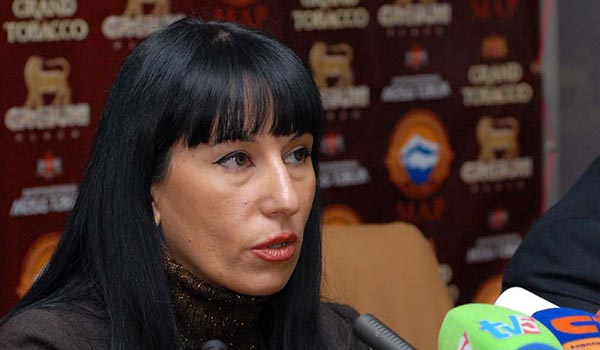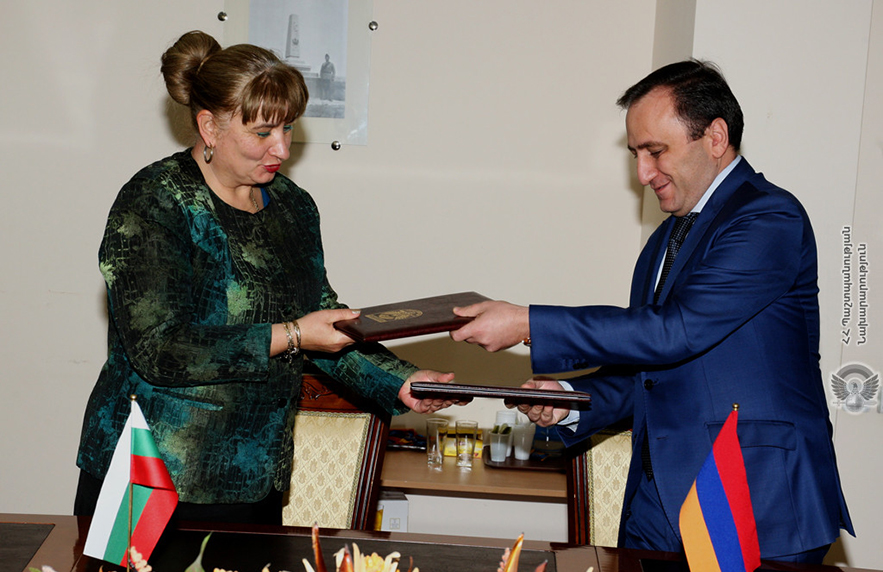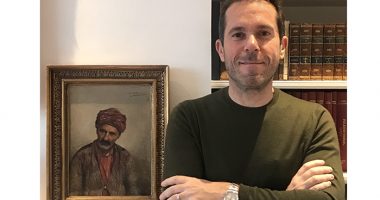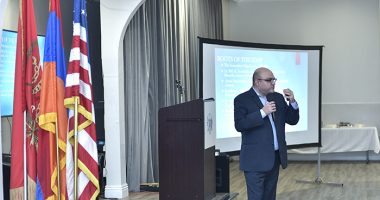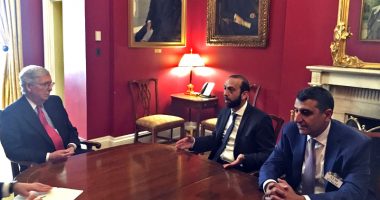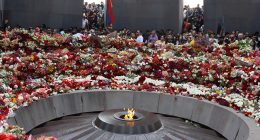By Hambersom Aghbashian
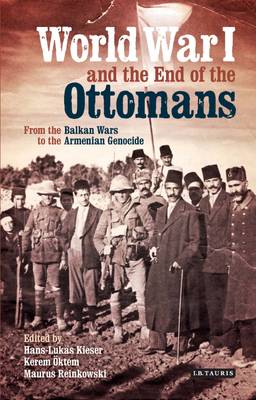

In his paper titled “The Nation’s Imprint: Demographic Engineering and the Change of Toponymes in Republican Turkey,” Kerem Öktem mentioned: When the Committee of Union and Progress (CUP) declared the deportation law for ‘those opposing the government in times of war’ on 27 May 1915, more than a million Armenians, Syriac Christians, and some Kurdish communities were forced into exile and destruction. In only a few weeks, the government initiated the name change of evacuated villages (Dündar 2001: 65). At the same time, some of these villages were swiftly resettled with Muslim refugees, pouring into the country from the Balkans and the easternmost provinces under Russian occupation. In a directive, the Chief of the General Staff and one of the three leaders of the Committee of Union and Progress (CUP), Enver Pasha, declared that “It has been decided that provinces, districts, towns, villages, mountains and rivers, which are named in languages belonging to non-Muslim nations such as Armenian, Greek or Bulgarian, will be transformed into Turkish.”(3)
On June 25, 2014, Kerem Öktem and Christopher Sisserian wrote an article under the title “Turkey’s Armenian opening: towards 2015”, the following are some abstracts: “In recent years, an increasing number of individuals and civil-society organizations has begun to engage with the heritage and history of the country’s once substantial Armenian communities and their violent end. This had little impact on government policy until 23 April 2014, when the office of PM Erdogan released a letter offering condolences to the grandchildren of those that perished. This statement was significant; it was the first time a Turkish PM had addressed the issue of Armenian suffering and loss. Turkey’s breach with Israel, whose camp in the United States was once enlisted to do the dirty work of lobbying against recognition of the genocide, meant that this route was no longer open to Ankara. Hence Erdogan’s letter. It is a masterly work that manages to appear to talk about the Armenian genocide without actually recognizing it; that insinuates reconciliation without acknowledging injustice; and that uses words of condolence, while warning its recipients not to establish “a pecking order of suffering” (i.e. not to insist on recognition).”(4)
Under the title “Professors discuss denial of Armenian Genocide”, Aaron Lewis wrote on November 8, 2015, in The Daily Northwestern: “In remembrance of 100 years since the Armenian Genocide, professors from four different universities spoke out against denial of the genocide as part of “Denial and Memory,” a conference held at Northwestern on Friday at the Northwestern University campus in Evanston, Illinois, USA, by the Buffett Institute of Global Studies’ Keyman Modern Turkish Studies. Mustafa Aksakal, Rachel Goshgarian, Kerem Öktem and Barbara Lyons, where the main speakers. Kerem Öktem, a professor at the University of Graz in Austria, discussed memory versus recognition of the genocide and ideas like the Turkish government’s denial of the genocide. He also talked about the connection between societal power groups and recognition of the genocide. “With very little reach out in society, it is important to see how many sides can exist in society,” he said. “Denialists are losing ground.” (5)
Prof.Kerem Öktem is the author and co-author of many books including “World War I and the End of Ottoman Empire: From the Balkan War to the Armenian Genocide”, “Angry Nation: Turkey since 1989”, (2011), “Turkey’s Engagement with Modernity (2009)”, “Another Empire? Turkey’s new foreign policy in the 2000s”, (2012) and many others.
____________
1- http://www.suedosteuropa.uni-graz.at/en/people/univ-prof-drkerem-%C3%B6ktemUniv
2- http://ipc.sabanciuniv.edu/en/fellow/kerem-oktem/
3- https://ejts.revues.org/2243#tocto1n2
4- https://www.opendemocracy.net/kerem-oktem-christopher-sisserian/turkeys-armenian-opening-towards-2015
5- http://dailynorthwestern.com/2015/11/08/campus/professors-discuss-denial-of-armenian-genocide/


